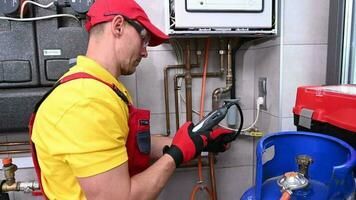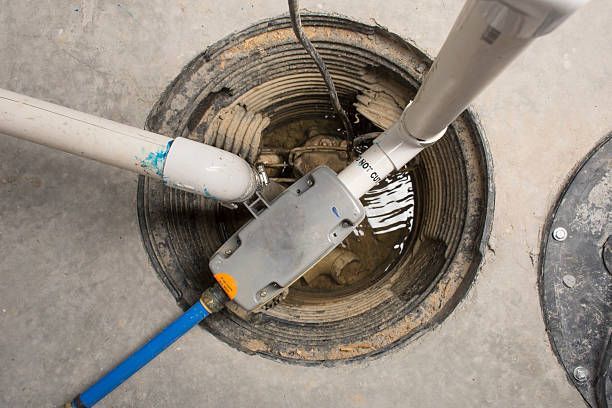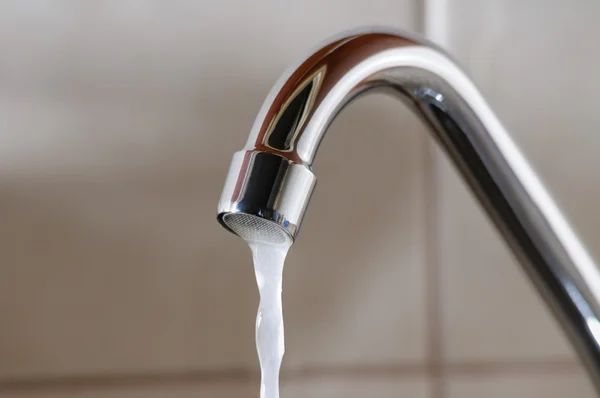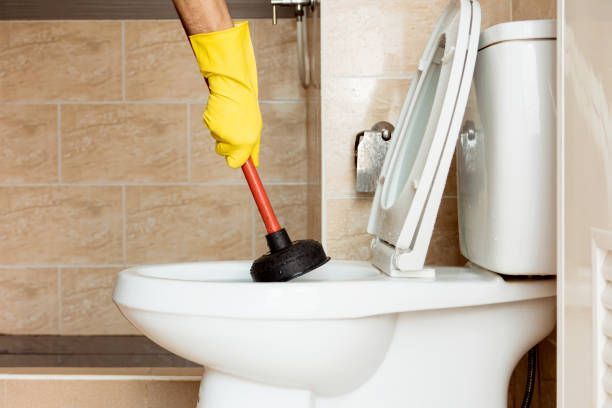How to Detect a Gas Leak and What to Do
If you think you have a gas leak, read this blog to find out how to detect it and the next steps.

How to Detect a Gas Leak: Signs, Symptoms, and Safety Measures
- Introduction:
Gas leaks are a serious safety hazard that can pose a threat to your health and property. Whether it's natural gas or propane, detecting a gas leak early is crucial for preventing potential disasters. In this blog post, we'll discuss the signs and symptoms of a gas leak, as well as the steps you should take to ensure your safety and that of your loved ones.
- Signs and Symptoms of a Gas Leak:
**Unusual Odor:** Natural gas and propane are odorless, but gas companies add a distinctive odorant (mercaptan) to help detect leaks. If you detect a strong, rotten egg-like smell in your home or near gas appliances, it could indicate a gas leak.
**Hissing Sound:** A hissing or whistling sound near gas lines or appliances could be a sign of a gas leak. If you hear such sounds, especially in combination with other signs, it's essential to investigate further.
**Dead Plants or Discolored Vegetation:** If plants or vegetation around your home appear to be dying or have unusual discoloration, it could be due to a gas leak contaminating the soil.
**Physical Symptoms:** Exposure to natural gas or propane can cause physical symptoms such as dizziness, nausea, headaches, fatigue, and breathing difficulties. If you or anyone in your household experiences these symptoms and suspects a gas leak, evacuate the area immediately.
- Steps to Take if You Suspect a Gas Leak:
**Evacuate the Area:** If you suspect a gas leak, evacuate everyone from the affected area immediately. Do not use light switches, appliances, or anything that could create a spark, as this could ignite the gas.
**Open Windows and Doors:** Once you're safely outside, open windows and doors to ventilate the area and allow gas to dissipate.
.**Turn Off Gas Supply:** If it's safe to do so, turn off the gas supply to your home or the affected appliance. The gas shut-off valve is typically located on the gas line leading into your house or near individual appliances.
**Do Not Use Electronic Devices:** Avoid using electronic devices such as phones, flashlights, or light switches near the suspected gas leak, as they could create sparks and ignite the gas.
**Call Emergency Services:** Contact your gas company or emergency services immediately to report the suspected gas leak. They will dispatch trained professionals to assess the situation and safely address the leak.
- Preventing Gas Leaks:
**Regular Maintenance:** Schedule regular inspections and maintenance for your gas appliances, including furnaces, water heaters, stoves, and dryers, to ensure they're functioning properly and not leaking gas.
**Install Gas Detectors:** Consider installing gas detectors in your home, especially near gas appliances and in basements or crawl spaces where gas leaks are more likely to occur. These detectors can alert you to the presence of gas before it becomes a serious threat.
**Proper Installation:** Ensure that gas appliances are installed correctly by qualified professionals and that gas lines are properly sealed and secured to prevent leaks.
- Conclusion:
Detecting a gas leak early is crucial for preventing accidents and protecting your home and loved ones. By being aware of the signs and symptoms of a gas leak and knowing what steps to take in the event of a leak, you can minimize the risk of harm and ensure the safety of your household. Remember to prioritize safety above all else and seek professional assistance whenever necessary.
You might also like
Book a Service Today
We will get back to you as soon as possible
Please try again later
Quick & Reliable
We are available 24/7 via email or telephone
Location
Call
New Paragraph
Navigation
Services

All Rights Reserved | Company Name | Powered by Snapps
Disclaimer: This site functions to generate leads for businesses in the High Point area


